Environment-Conscious Aircraft Technology Program (ECAT)
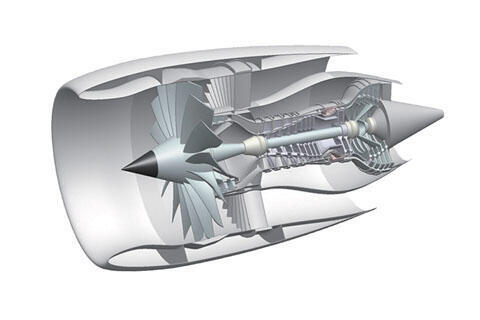
|
To aim to attain an environment-friendly aircraftAirlines transport more than 4.5 billion passengers in 2019, and air traffic volume is projected to continue growing at an annual rate of 4% and more than double in size (by a factor of 2.2) over the next two decades.* On the other hand, there are growing concerns about increases in aircraft noise and emissions such as CO2, making the need for aircraft that are both more environmentally friendly and more economical greater than ever. In the field of civil aviation, economic efficiency and environmental performance represent key factors in market competitiveness.
|
|---|
The ECAT program aims to develop and mature advanced technologies that can reduce aviation's environmental impact by making collaborative efforts with industry partners. Major R&D under the ECAT program includes 1) core engine technologies for ultra-high bypass engines, 2) engine noise-reduction technologies, 3) airframe noise reduction technologies for landing gear and high-lift devices, 4) low-drag and low-noise airframe technologies, and 5) technologies for reducing overall weight through expanded use of composite material. The ECAT program will thereby contribute to creating a sustainable and prosperous society and support further growth of the Japanese aviation industry while enhancing its competitiveness.
En-Core (Environmentally compatible core engine technology research) project
|
The En-Core Project aims at establishing core engine technologies that reduce emissions of nitrogen oxides (NOx) and carbon dioxide (CO2). Major challenges include developing and demonstrating technologies for “Ultra-low NOx Lean Premixed Combustor” and “High-temperature, High-efficiency Turbine”. |
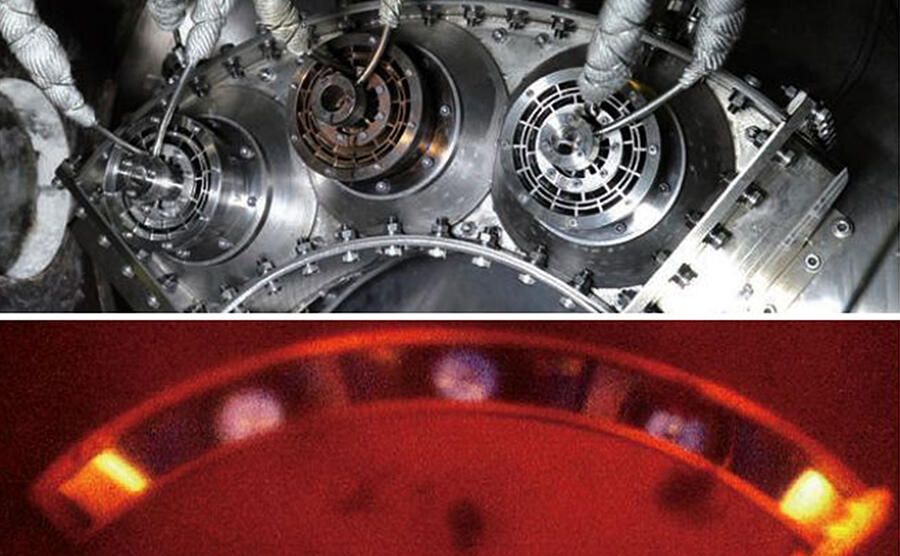 |
|---|
Design and Analysis of Next generation Technologies for jet Engines (DANTE)
|
The R&D on the "Design and Analysis of Next generation Technologies for jet Engines (DANTE)” addresses four research themes which are performance of engine system, high-pressure compressor, noise reduction, and composite structure. |
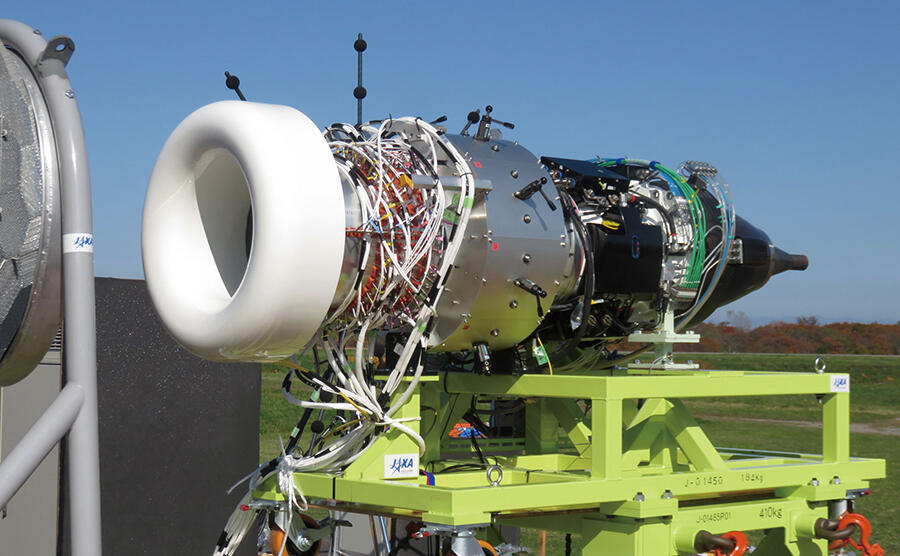 |
|---|
Airframe noise reduction technology
|
JAXA has been studying airframe noise reduction technologies, a large fraction of which comes from high-lift devices (flap and slat) and landing gears. Our R&D efforts include the FQUROH(Flight Demonstration of Quiet Technology to Reduce Noise from High-lift Configurations) project (FY2013-FY2018). |
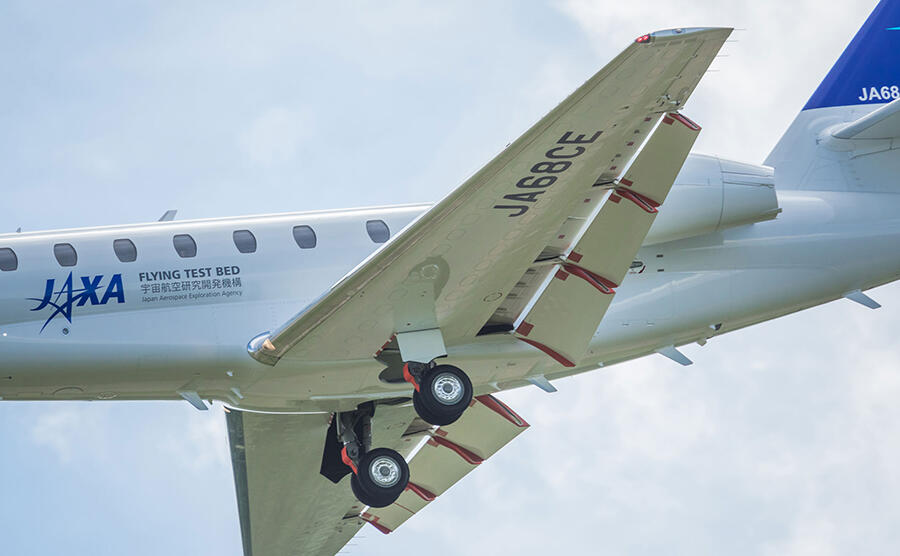 |
|---|
Innovative Green Aircraft Technology (iGreen)
|
To design airframes that have higher environmental performances, we launched a research project named "Innovative Green Aircraft Technology (iGreen)" in 2020. Making use of the findings from the R&D of "Eco-wing technology", the iGreen aims at developing a bunch of cutting-edge technologies on aerodynamics, aeroacoustics and structures, thereby enhancing competitive edges of Japanese aviation industry. |
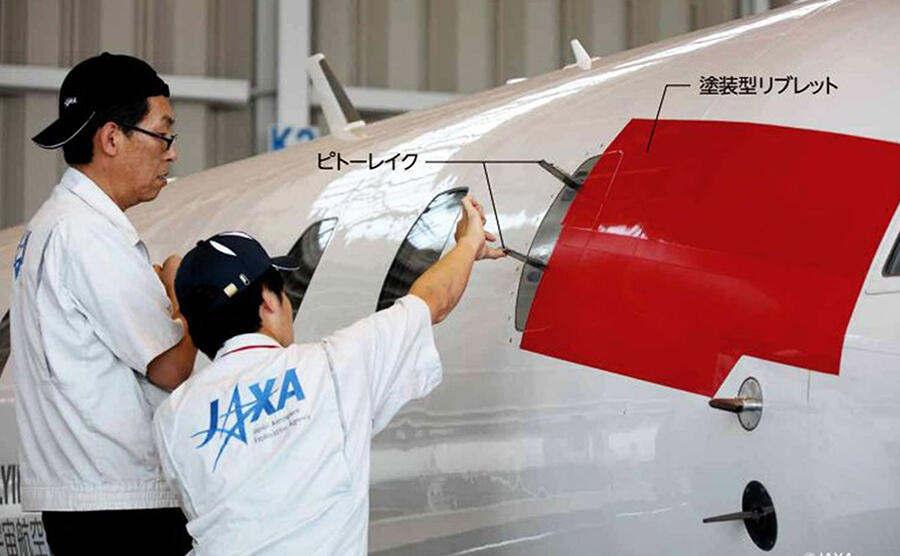 |
|---|
Contents
- September 14, 2021
- Unprecedentedly Low NOx Emissions Engine [JAXA's No.84]
- August 30, 2019
- Launch of the En-Core Project [JAXA's No.77]